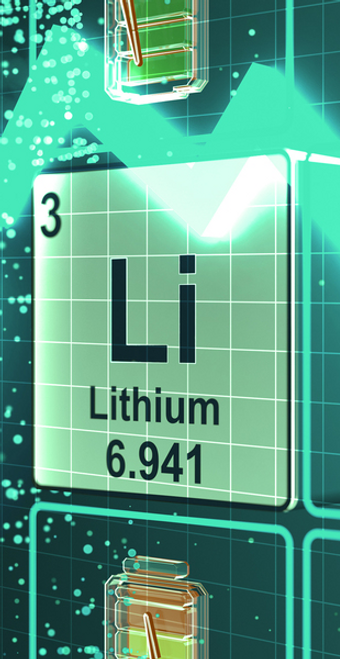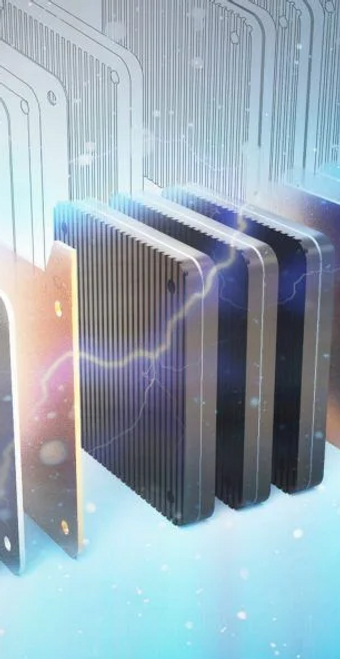

LATEST NEWS
RECENT PUBLICATION

RESEARCH

Li ion Battery
Reserch Topic 01

Research Topic 01
Li ion Battery
Research Topic 01
A lithium-ion battery or Li-ion battery (abbreviated as LIB) is a type of rechargeable battery in which lithium ions move from the negative electrode to the positive electrode during discharge and back when charging.
Li-ion batteries use an intercalated lithium compound as one electrode material, compared to the metallic lithium used in a non-rechargeable lithium battery.
The electrolyte, which allows for ionic movement, and the two electrodes are the constituent components of a lithium-ion battery cell.

Solid State
Electrolyte
Reserch Topic 01

Research Topic 02
Solid State Electrolyte
Most of the Li ion batteries use liquid electrolyte.
But All-Solid-state battery(ASSB) uses solid state electrolyte.
Solid state electrolyte has low Li diffusion, because of the intearface resistance, result in lower ionic conductivity than liquid electrolyte.
Due to Li dendrite, the battery, using liquid electrolyte has good ionic conductivity than ASSB, but it has a danger of fire belongs to Li dendrites caused short ciruit. But ASSB has solid electrolyte that can eliminate a danger of fire from Li dendrites.
Research Topic 02

Next Generation Battery
Reserch Topic 01

Research Topic 03
Next Generation Battery
Our laboratory is dedicated to pioneering next-generation batteries that deliver higher energy density, enhanced safety, and extended cycle life. We aim to address the growing demand for sustainable and reliable energy storage systems in diverse applications ranging from electric vehicles to large-scale grids.
To achieve these goals, we investigate advanced electrode materials, including high-capacity cathodes and stable anodes. Through a combination of materials design, electrochemical analysis, and scalable engineering approaches, our team develops practical strategies for next-generation batteries. We envision creating future-ready energy storage solutions that contribute to a cleaner, smarter, and more sustainable society.



